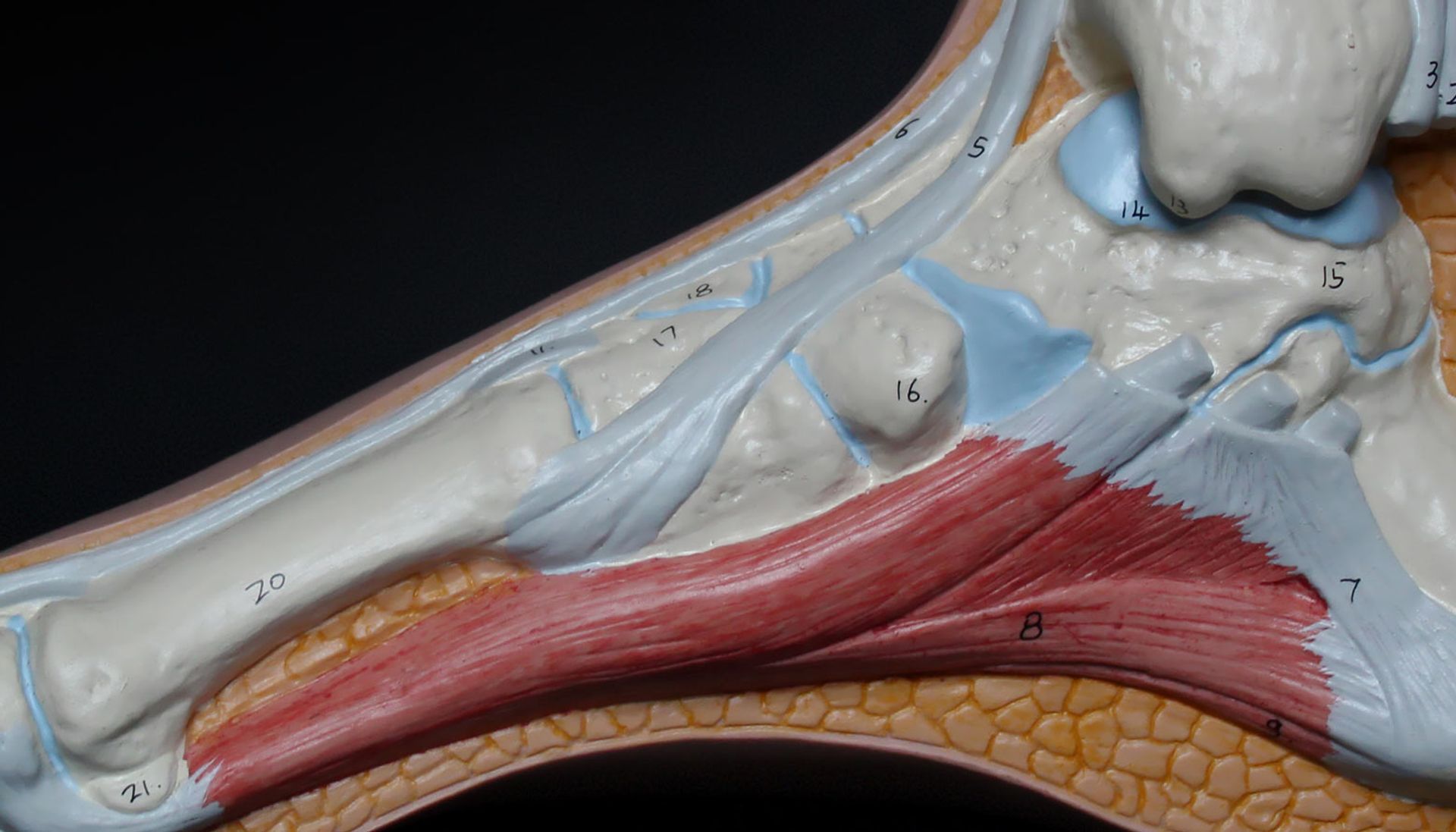January 06, 2018
Value-based care in orthopaedics – Orthopaedic Implant Company’s Chairman shares insight into the change of care

As the change in care and reimbursement moves toward value-based care, orthopedic surgeons continue to look for tools and resources to provide patients with the best care.
Originally published in Becker’s Spine Review
As the change in care and reimbursement moves toward value-based care, orthopedic surgeons continue to look for tools and resources to provide patients with the best care. The Orthopaedic Implant Company’s Chairman Peter Althausen, MD, further explains the movement toward value-based care and how it has affected orthopedics.
Question: How has the push toward value-based care affected orthopedics?
Dr. Peter Althausen: Value-based care means always striving to improve and to deliver high quality healthcare while continually implementing changes that will lower the cost of that delivery. Despite the fact that value based programs have been successful in all areas of the US economy, this concept has seen slow adoption in the healthcare sector. Perhaps the most successful example of value-based care in orthopedics has been the development and adoption of geriatric hip fracture programs. Many hospitals now have protocols that improve outcomes, resulting in shorter hospital stays, the elimination of rehabilitation facility stays and fewer days requiring skilled nursing. While these protocols have helped lower costs, value based implant use has not been at the center of this movement despite data proving significant savings.
Forward thinking physicians and healthcare systems that have embraced value-based implant use have seen massive cost savings with no effect on patient clinical outcomes. Our level II trauma system saves about $850,000 per year using value based implants and both the physician group and hospital have each made over $1 million a year through successful management of the government sponsored Bundle Payments for Care Improvement programs. It still remains that many large healthcare systems have not utilized value-based orthopedic products despite evidence showing no clinical difference other than cost. With rising healthcare costs and decreasing physician and hospital reimbursement, the reality is that the current approach will not be sustainable long term.
Q: Why is value-based care important to patients and physicians?
PA: Health care costs have far outpaced our ability to pay for them. Over the past 10 years physician and hospital reimbursement has declined while implant prices have risen steadily. The move towards value based services is critical to the future success of orthopedic care in America. If orthopedic surgeons don’t want to lose control of the medicine they practice to administrators and the government, then they must play an active role in cost containment. As physicians, our ability to advocate for our patients is paramount. We will lose this voice if we continue to use overpriced implants, medicines and allow prolonged unnecessary hospital stays. Not only must we practice evidence based medicine, we must become involved in the politics as well.
Insurance companies must become better stewards for their members as well. Insurers currently reimburse hospital-owned surgery centers more per case than physician owned centers. This system rewards inefficiency and wastes millions of healthcare dollars. Physicians need to have these conversations with insurance companies and all entities that have a hand in delivering and reimbursing care. If doctors do not drive and control value based changes, the alternative is to prepare to accept the changes that will be forced upon the industry and the corresponding loss of control of patient care.
Value-based care has the greatest impact for trauma and fracture patients. Not only is care emergent or urgent, this population has the highest percentage of unfunded or underfunded patients. Self-employed patients who get injured can easily be bankrupted by healthcare bills. The fact remains that the most expensive part of fracture care surgery is the implant cost. So much so, in fact, that many of these uninsured or under funded patients cannot have their surgeries performed at outpatient centers because the cost of implants makes it prohibitive. High value implants change this paradigm. They enable surgery centers to treat Medicaid patients, decrease the costs for self pay patients, and decrease hospital costs for the large under funded trauma patients.
Value-based care is important to physicians on several levels. Using high quality, low cost implants has been shown in evidence-based papers to have no effect on patient care and outcomes other than decreased costs. From a moral and ethical standpoint, all physicians should be concerned with cost on behalf of the patients and the industry. Proactive physicians who have seen their revenues decline can now change that trend by combining value based care with gain-sharing or co-management agreements that allow physicians to benefit from the savings generated by cost effective care.
Q: What trends can orthopedic surgeons expect in 2018?
PA: [If] Medicare approves outpatient total joint arthroplasty in 2018, a large proportion of hospital revenue will shift to surgery centers. Hospitals’ elective surgical volume will drop and they will be left only with the lower paying patients. Surgery centers will be looking to value based implants to increase their profits, while hospitals will need value based implants to stave losses. This will push the market even further towards value based care. To engage physicians in these cost containment efforts more gain-sharing and co-management agreements will have to be made. Many large orthopedic groups have seen successful participation in [the] Bundle Payments for Care Improvement programs over the last several years and this trend will continue. Large healthcare systems will also start to mandate value based implant usage as they realize the significant savings that can be generated from such programs. The impact high-value orthopedic implants have cannot be understated. It is an example of one of the primary initiatives being adopted to save US healthcare and help surgeons and hospitals thrive as we move from fee-for-service medicine to value- and performance-based care.
